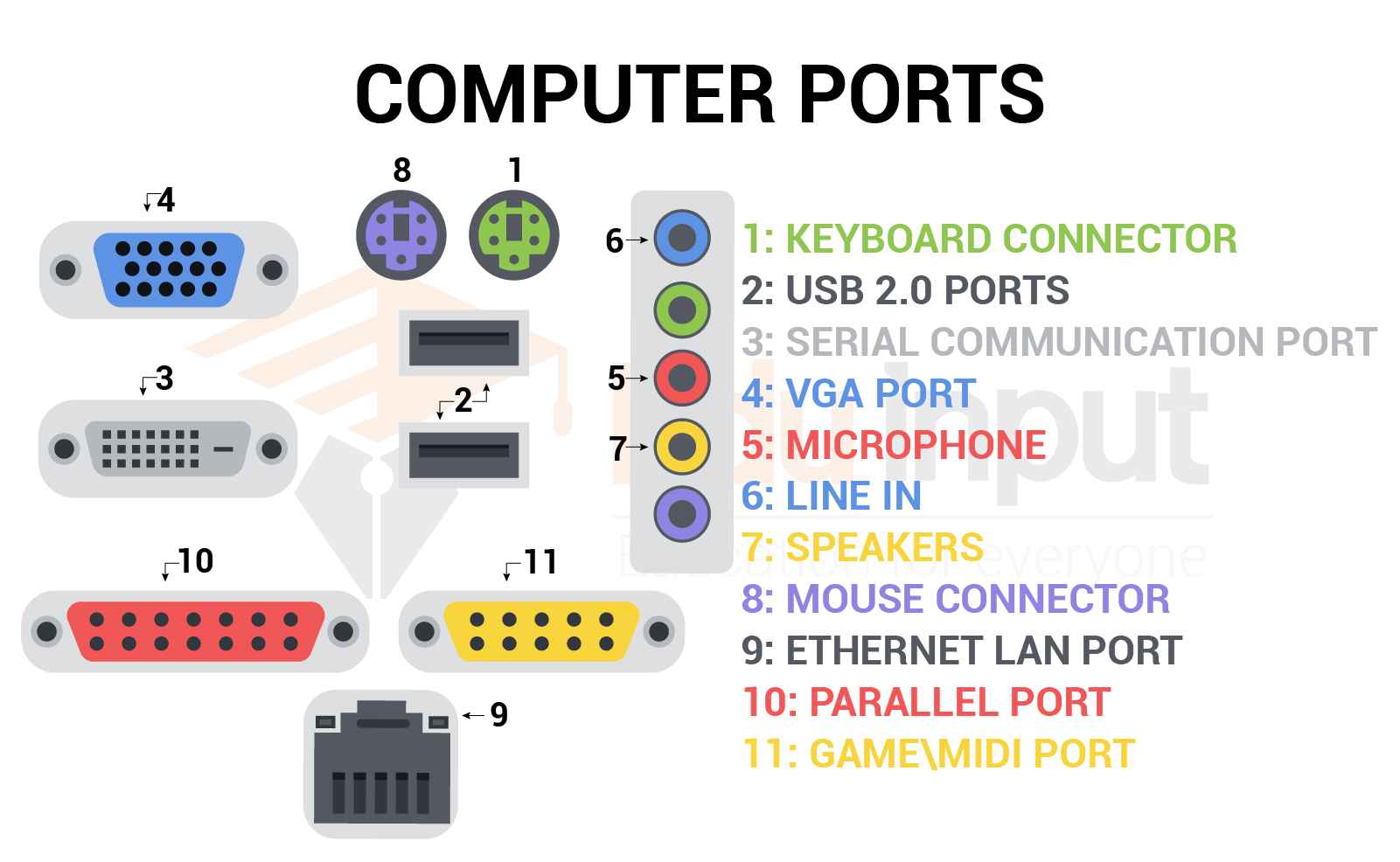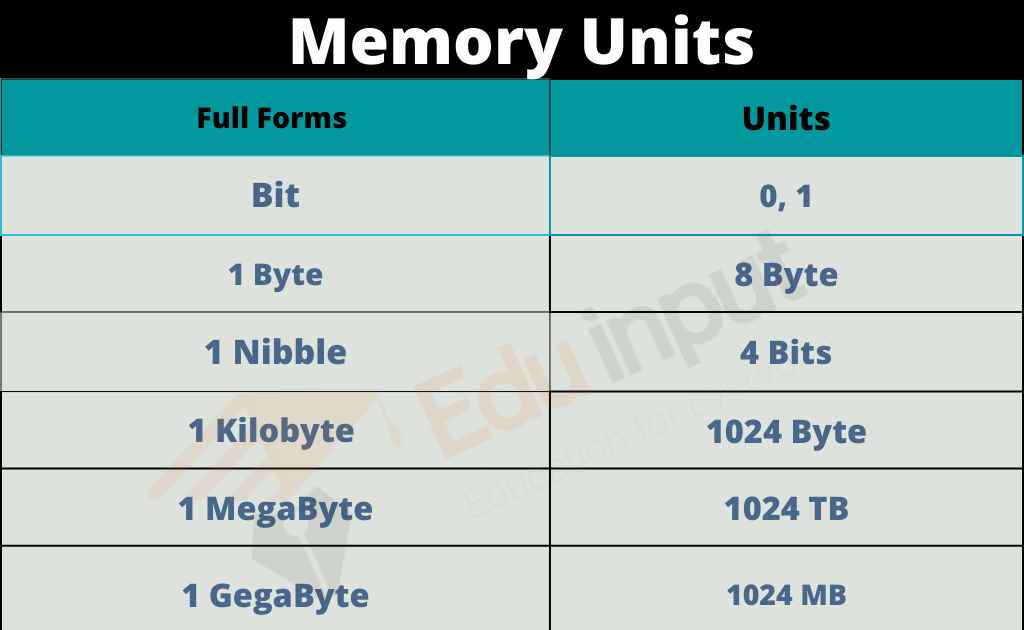Difference Between Compiler And Interpreter
A compiler translates source code into machine instructions, whereas an interpreter runs programs directly from source code. The main difference between these two types of programming language processors is that a compiler converts source code into machine instructions before executing the program. In contrast, an interpreter executes the program directly from its source code.
What is a Compiler?
A compiler is a program that converts a high-level language into machine language. Compilers are large programs that include error-checking and other functions.
A compiler is a program that converts instructions written in a high-level language into machine language. Compilers are large programs, with error-checking and other functions.

A compiler is a program that translates human-readable code (source code) written in a high-level programming language into machine-readable code (object code).
In general, compilers are much slower than interpreters, but they have several advantages over interpreters. Compilers can produce object code that runs faster than the original source code, and they allow programmers to write programs that are easier to maintain and debug.
What is an Interpreter?
The interpreter converts the instruction statement by statement. If there is an error in any statement, it stops working and displays the error message before converting to the next statement. This prevents any further errors from occurring.

Difference between Compiler and Interpreter
| Compiler | Interpreter |
| Compiler converts a program into machine code as a whole. | The interpreter converts a program into machine code line by line. |
| The compiler creates an object code file. | The interpreter does not create object code files. |
| Compiler converts high-level programs. That can be executed many times. | The interpreter converts a high-level program each time it is executed. |
| Program execution is fast. | Program execution is slow. |
| The compiler displays syntax errors after compiling the whole program. | The interpreter displays the syntax error on each statement of the program. |
| The machine code is stored on the hard disk. | Machine code is not stored anywhere. |
| Compiler-based programming languages like C, and C++. | Programming languages like Python, Ruby, Perl, SNOBOL, and MATLAB use interpreters instead of compilers. |
| The whole program is required. | A single line of code is all that is required. |

Frequently Asked Questions (FAQs)
Which is faster compiler or interpreter?
Interpreters usually require less time to analyze the source code; however, the execution time is comparatively slower than compilers.
Compilers usually take more time to analyze the source code; however, the overall execution time is comparatively faster than interpreters.
What is the advantage of an interpreter?
Interpreters tend to be more flexible and offer features like dynamic typing and smaller program sizes. Also, because interpreters execute the source program code themselves, the code is platform-independent.
Why do we need both an interpreter and a compiler?
Because compiler and interpreter convert the high-level language into machine language, so we need to use both interpreter and compiler.

 written by
written by 



Leave a Reply